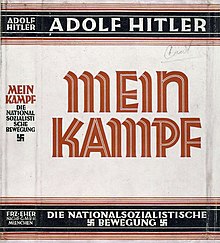
This is an index of lists of banned books , which contain books that have been banned or censored by religious authority or government.

This is an index of lists of banned books , which contain books that have been banned or censored by religious authority or government.

The Index Librorum Prohibitorum was a changing list of publications deemed heretical or contrary to morality by the Sacred Congregation of the Index ; Catholics were forbidden to print or read them, subject to the local bishop. Catholic states could enact laws to adapt or adopt the list and enforce it.

Henry Spencer Ashbee was a book collector, writer and bibliographer. He is notable for his massive, clandestine three-volume bibliography of erotic literature published under the pseudonym of Pisanus Fraxi.
Nihil obstat is a phrase traditionally used by Catholic Church authorities to formally declare that there is no objection to the publication of a book, or to some other proposed action.
The following articles contain lists of prohibited books:
Germany has taken many forms throughout the history of censorship in the country. Various regimes have restricted the press, cinema, literature, and other entertainment venues. In contemporary Germany, the Grundgesetz generally guarantees freedom of press, speech, and opinion.

The Nazi book burnings were a campaign conducted by the German Student Union to ceremonially burn books in Nazi Germany and Austria in the 1930s. The books targeted for burning were those viewed as being subversive or as representing ideologies opposed to Nazism. These included books written by Jewish, half-Jewish, communist, socialist, anarchist, liberal, pacifist, and sexologist authors among others. The initial books burned were those of Karl Marx and Karl Kautsky, but came to include very many authors, including Albert Einstein, Helen Keller, writers in French and English, and effectively any book incompatible with Nazi ideology. In a campaign of cultural genocide, books were also burned en masse by the Nazis in occupied territories, such as in Poland.
Indicis is a Latin adjective commonly used in anatomical terms pertaining to the index finger, but generally applicable to indexes of any kind.

The Edict of Châteaubriant, issued from the seat of Anne, duc de Montmorency in Brittany, was promulgated by Henri II of France, 27 June 1551. The Edict was one of an increasingly severe series of measures taken by Henry II against Protestants, whom he regarded as heretics. In the preamble, the Edict frankly reported that previous measures against heresy in the kingdom had proved ineffectual. "Heretics", the Edict reported, met in conventicles, infected schools, invaded the judicial bench and forced toleration upon judges. To ensure more rigorous judgements, in 1547 Henri had already created a special judicial chamber drawn from members of the parlements, solely to judge cases of heresy (called by Protestants the Chambre Ardente. The Edict contained quite detailed provisions: it called upon the civil and ecclesiastical courts to detect and punish all heretics, and placed severe restrictions on Protestants, including loss of one-third of property granted to informers, who were also granted immunity and confiscations of property both moveable and immovable belonging to those who had fled to Geneva, with whom the king's subjects were forbidden to correspond or to send money. Fourteen of its forty-six articles were concerned with censorship; its terms strictly regulated the press by prohibiting the sale, importation or printing of any book unapproved by the Faculty of Theology at the University of Paris, then or, now it was implied, in the future. Booksellers were to display a copy of the Faculty's printed list of prohibited books alongside a list of books for sale. Delegates of the Faculty were to make visits twice a year to each bookseller to ensure that the provisions were complied with. Since 1542 it had been a requirement that any shipment of books into France be opened and unpacked in the presence of delegates from the Faculty of Theology, which now, according to Roger Doucet, "assumed the intellectual direction of the kingdom."
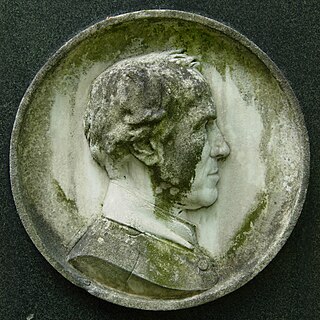
Franz Peter Knoodt was a German Catholic theologian who was a native of Boppard.
Censorship in Nazi Germany was extreme and strictly enforced by the governing Nazi Party, but specifically by Joseph Goebbels and his Reich Ministry of Public Enlightenment and Propaganda. Similarly to many other police states both before and since, censorship within Nazi Germany included both domination and propaganda weaponization by the State of all forms of mass communication, including newspaper, music, literature, radio, and film. The Ministry of Propaganda also produced and disseminated their own literature over the mass media which was solely devoted to furthering Nazi ideology and the Hitler Myth. Crudely drawn caricatures intended to dehumanize the Party's political opponents and to inflame Antisemitism lay at the core of the Ministry's propaganda, especially in 1940 films such as Jud Süß and The Eternal Jew. The Ministry also promoted a secular messianic cult of personality surrounding Adolf Hitler with early films such as Triumph of the Will of the 1934 rally and The Victory of Faith made in 1933, and which survives now after a single copy recently discovered in the UK. It was later banned by the Ministry owing to the prominent role in the film of Ernst Roehm, who was later murdered in the political purge known as the Night of the Long Knives in 1934.
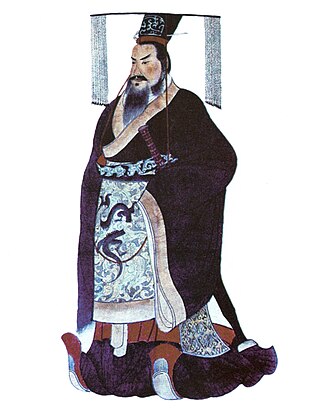
Bibliophobia is the fear or hatred of books. Such fear often arises from fear of the effect books can have on society or culture. Bibliophobia is a common cause of censorship and book burning. Bibliophobia and bibliophilia are antonyms.

Steganographia is a book on steganography, written in c. 1499 by the German Benedictine abbot and polymath Johannes Trithemius.
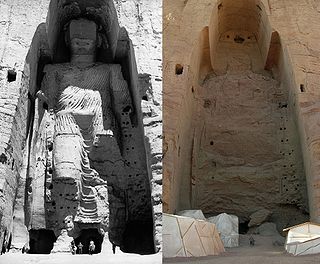
Religious censorship is a form of censorship where freedom of expression is controlled or limited using religious authority or on the basis of the teachings of the religion. This form of censorship has a long history and is practiced in many societies and by many religions. Examples include the Edict of Compiègne, the Index Librorum Prohibitorum and the condemnation of Salman Rushdie's novel The Satanic Verses by Iranian leader Ayatollah Ruhollah Khomeini.
Officiorum ac Munerum was an Apostolic Constitution issued by Pope Leo XIII on 25 January 1897. It was a major revision of the Index Librorum Prohibitorum, a list of books prohibited by the Catholic Church. Along with the 18th century Sollicita ac Provida, it forms the Leonine code.
Book censorship is the removal, suppression, or restricted circulation of literary, artistic, or educational material on the grounds that it is morally or otherwise objectionable according to the standards applied by the censor. The first instance of book censorship in what is now known as the United States, took place in 1637 in modern-day Quincy, Massachusetts. While specific titles caused bouts of book censorship, with Uncle Tom’s Cabin frequently cited as the first book subject to a national ban, censorship of reading materials and their distribution remained sporadic in the United States until the Comstock Laws in 1873. It was in the early 20th century that book censorship became a more common practice and source of public debate. Throughout the 20th and early 21st centuries there have been waves of attempts at widespread book censorship in the US. Since 2022, the country has seen a dramatic increase of attempted and successful censorship, with a 63% rise in reported cases between 2022 and 2023, including a substantial rise in challenges filed to hundreds of books at a time. In recent years, about three-fourths of books subject to censorship in the US are for children, pre-teenagers, and teenagers.
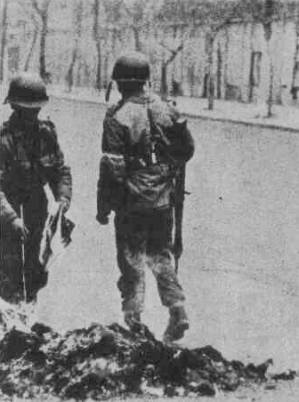
Book censorship is the act of some authority taking measures to suppress ideas and information within a book. Censorship is "the regulation of free speech and other forms of entrenched authority". Censors typically identify as either a concerned parent, community members who react to a text without reading, or local or national organizations. Books have been censored by authoritarian dictatorships to silence dissent, such as the People's Republic of China, Nazi Germany and the Soviet Union. Books are most often censored for age appropriateness, offensive language, sexual content, amongst other reasons. Similarly, religions may issue lists of banned books, such as the historical example of the Roman Catholic Church's Index Librorum Prohibitorum and bans of such books as Salman Rushdie's The Satanic Verses by Ayatollah Khomeini, which do not always carry legal force. Censorship can be enacted at the national or subnational level as well, and can carry legal penalties. In many cases, the authors of these books could face harsh sentences, exile from the country, or even execution.
Censorship of the Bible includes restrictions and prohibition of possessing, reading, or using the Bible in general or any particular editions or translations of it.